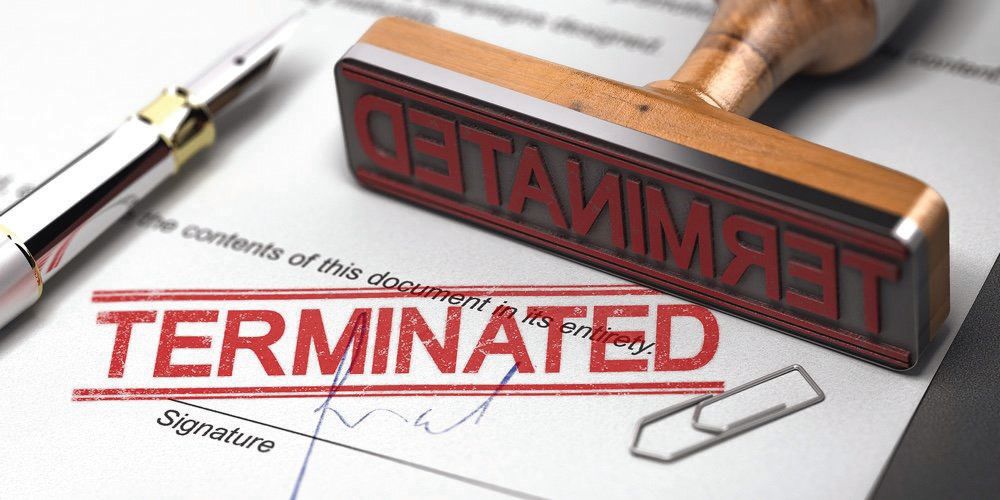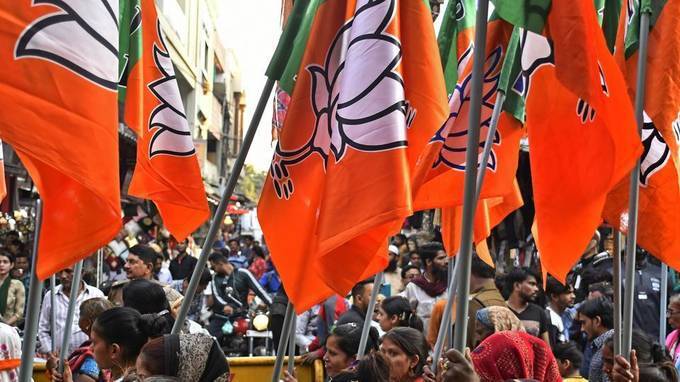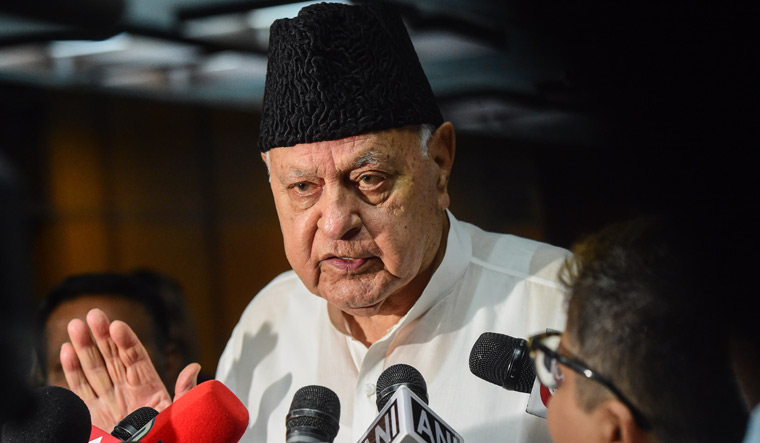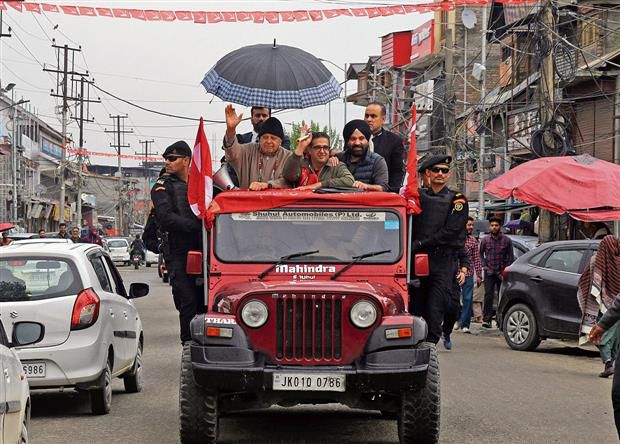The charges against the sacked staffers range from propagating and promoting the secessionist ideology of Jamat-e-Islami, Dukhtaran-e-Millat, and their sponsors in Pakistan, to informing militants about the movement of security forces.
Lt Governor Manoj Sinha has dismissed 11 Jammu and Kashmir government employees for alleged terror links under provisions of Article 311(2)(c) of the Constitution. The employees include two sons of Hizbul Mujahideen chief Syed Salahuddin.
Constitutional provision
Article 311 of the Constitution deals with ‘Dismissal, removal or reduction in rank of persons employed in civil capacities under the Union or a State’.
Under Article 311(2), no civil servant can be “dismissed or removed or reduced in rank except after an inquiry in which he has been informed of the charges and given a reasonable opportunity of being heard in respect of those charges’’.
Subsection (c) of the provision, however, says this clause shall not apply “where the President or the Governor, as the case may be, is satisfied that in the interest of the security of the State it is not expedient to hold such inquiry”.
The safeguard of an inquiry also does not apply in cases of conviction on a criminal charge [311(2)(a)], or “where the authority…is satisfied that for some reason, to be recorded by that authority in writing, it is not reasonably practicable to hold such inquiry”. [311(2)(b)]
Section 126 of the constitution of the erstwhile state of Jammu and Kashmir too, while providing safeguards to civil servants/government employees like in Article 311 of the Indian Constitution, laid down exceptions under which a person could be dismissed without holding an inquiry.
Identification, charges
To screen the cases of employees suspected of involvement in activities requiring action under this provision of the Constitution, the Jammu and Kashmir government had in April this year constituted a Special Task Force headed by the Additional Director General of Jammu and Kashmir Police as its chairman, and having members representing the Departments of Home, Law, Justice, and Parliamentary Affairs.
The Special Task Force was tasked with compiling a record of such employees wherever necessary and referring it to a committee constituted by the government by an order dated July 30, 2020.
The charges against the sacked staffers range from propagating and promoting the secessionist ideology of Jamat-e-Islami, Dukhtaran-e-Millat, and their sponsors in Pakistan, to informing militants about the movement of security forces, harboring militants, and hawala transactions.
Remedy available
The only available remedy to a terminated employee is to challenge the government’s decision in the High Court.
The All Parties Hurriyat Conference this week criticised the government’s action as being “whimsical” and an “abuse of power”.
The Employees Joint Action Committee (EJAC) in the Valley said that the move goes against the “spirit of the law and the Constitution of the country”, and appealed that the action is stalled.
Earlier instances
In 1986, the coalition government of G M Shah’s National Conference (K) and Congress in the erstwhile state of Jammu and Kashmir, dismissed over a dozen employees from service on charges of challenging the sovereignty of India.
The dismissed individuals included prominent separatist Kashmiri leaders Prof Abdul Gani Bhat, Prof Mohammad Ashraf Saraf, Dr. Ghulam Qadir Sofi, and Javaid Ahmed Mir, who had participated in an agitation spearheaded by the Muslim Employees Front which, according to the government, had led to a communal situation.
While most of these employees were reinstated by the court, the government action led to the formation of the Muslim United Front in 1987.
In another similar action, former Governor Jagmohan had terminated five government employees, but he withdrew the order following widespread protests by employees.
The PDP-BJP government too terminated the services of nearly a dozen employees in 2016 for participating in anti-national protests and rallies.






